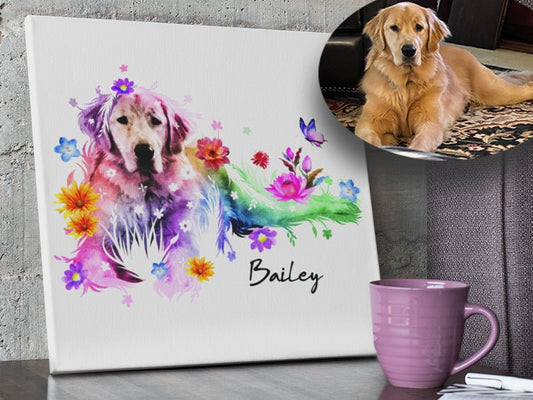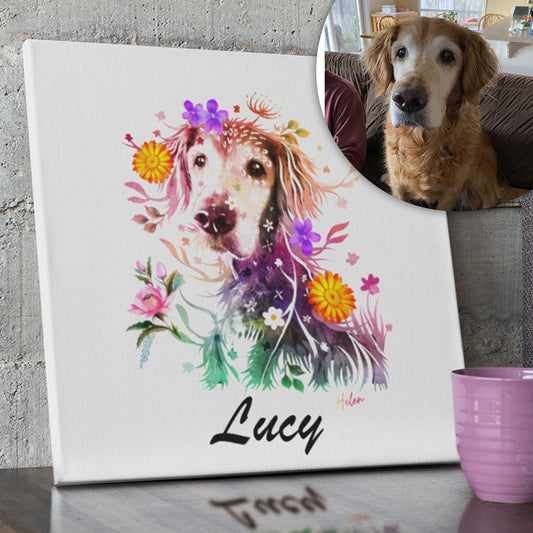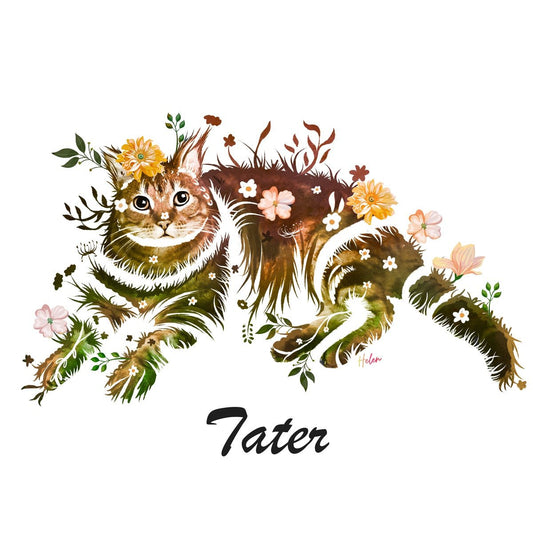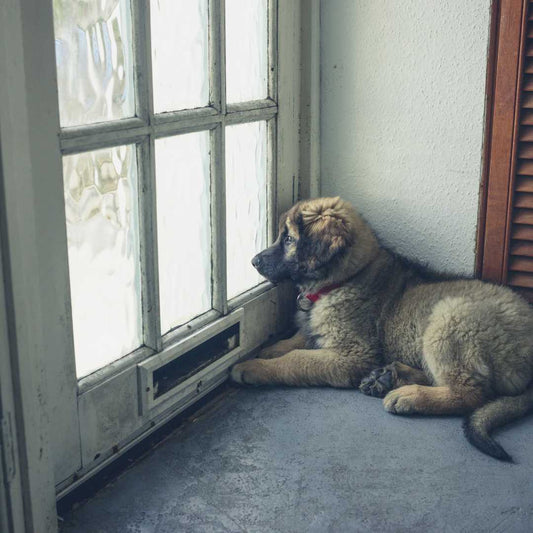Many pet owners often wonder whether their pets will grieve for them when they're no longer around.
The answer is yes.
Pets, especially dogs and cats, form strong attachments to their human companions, and the loss of an owner can cause deep emotional distress.
This article aims to help you understand and support a pet grieving the loss of its owner.

Understanding Pet Grief
Pets, particularly dogs and cats, exhibit clear signs of grief when they lose a cherished human companion. These signs may include:
- Change in eating habits
- Lethargy or lack of interest in usual activities
- Vocalization (whining, howling)
- Clinginess or separation anxiety
Recognizing the Signs of Grief in Pets
A grieving pet might exhibit one or several of the following behaviors:
- Changes in sleep patterns
- Pacing or restlessness
- Loss of house training
- Over-grooming or other changes in grooming habits
The Science Behind Pet Grief
Scientific studies support the idea that pets grieve the loss of their owners. Pets form emotional attachments through a process known as imprinting, which can lead to profound grief when an attachment figure is lost.
The Role of Imprinting in Pet Grief
Imprinting is a psychological phenomenon where an animal forms a strong bond with its caregiver, often within a critical period shortly after birth. This bond significantly influences the pet's behavior and responses to loss.
Supporting a Grieving Pet
It's essential to provide the necessary emotional support and care to a pet grieving the loss of its owner. Here are some strategies that may help:
- Maintain a regular schedule
- Provide plenty of physical contact and reassurance
- Encourage play and exercise
- Consider professional help if the pet's grief appears to be prolonged or severe
Pet Bereavement Counseling and Therapy
Professional pet bereavement counseling or therapy can be an effective way to help a grieving pet. Therapists use a variety of techniques, including behavioral modification and medication, to address signs of severe or prolonged grief.
When to Get a New Companion for Your Pet
Deciding when to introduce a new companion to your grieving pet can be challenging. It's essential to wait until your pet has had time to grieve and adjust to the loss.
Considerations When Introducing a New Pet
When thinking about getting a new pet, consider the following:
- Your pet's age and health status
- The temperament of the potential new pet
- The likelihood of compatibility between your pet and the new pet
The Role of Time in Pet Grief
Time is a crucial factor in pet grief. Like humans, pets need time to process their loss and adjust to their new circumstances.
The Healing Process in Pets
The healing process in pets involves several stages:
- Denial and isolation
- Anger
- Bargaining
- Depression
- Acceptance
Over time, most pets will reach the acceptance stage and return to their regular behavior patterns.
Understanding and supporting a pet in grief can be a challenging journey. However, with patience, empathy, and the right strategies, you can help your pet navigate this difficult time.
Footnotes
-
Pet Grief: Signs and Coping (more informations HERE)
-
The Science of Pet Grief (more informations HERE)
-
Stages of Grief in Pets (more informations HERE)
In conclusion, it's essential to remember that every pet is unique and may grieve differently.
It's critical to be patient, understanding, and supportive during this difficult time.
If the signs of grief persist or seem to worsen over time, don't hesitate to seek professional help.
With time, care, and support, your pet can recover and adjust to life after the loss of its beloved owner.
Remember, as a pet owner, your love and companionship provide your pet with a sense of security and comfort.
The bond between a pet and its owner is special, and the loss of that connection can be deeply felt by our furry friends.
Understanding and acknowledging their grief is the first step in helping them heal.
We hope this article helps you better understand the grieving process in pets and provides you with useful strategies for supporting a pet who has lost its owner.
If you're in this situation, remember: you're not alone.
There are numerous resources and communities available to help you and your pet navigate this challenging time.
And most importantly, always remember the joy and love you and your pet shared.
Those memories are precious and will live on in your heart forever.
A hug,
Helen






